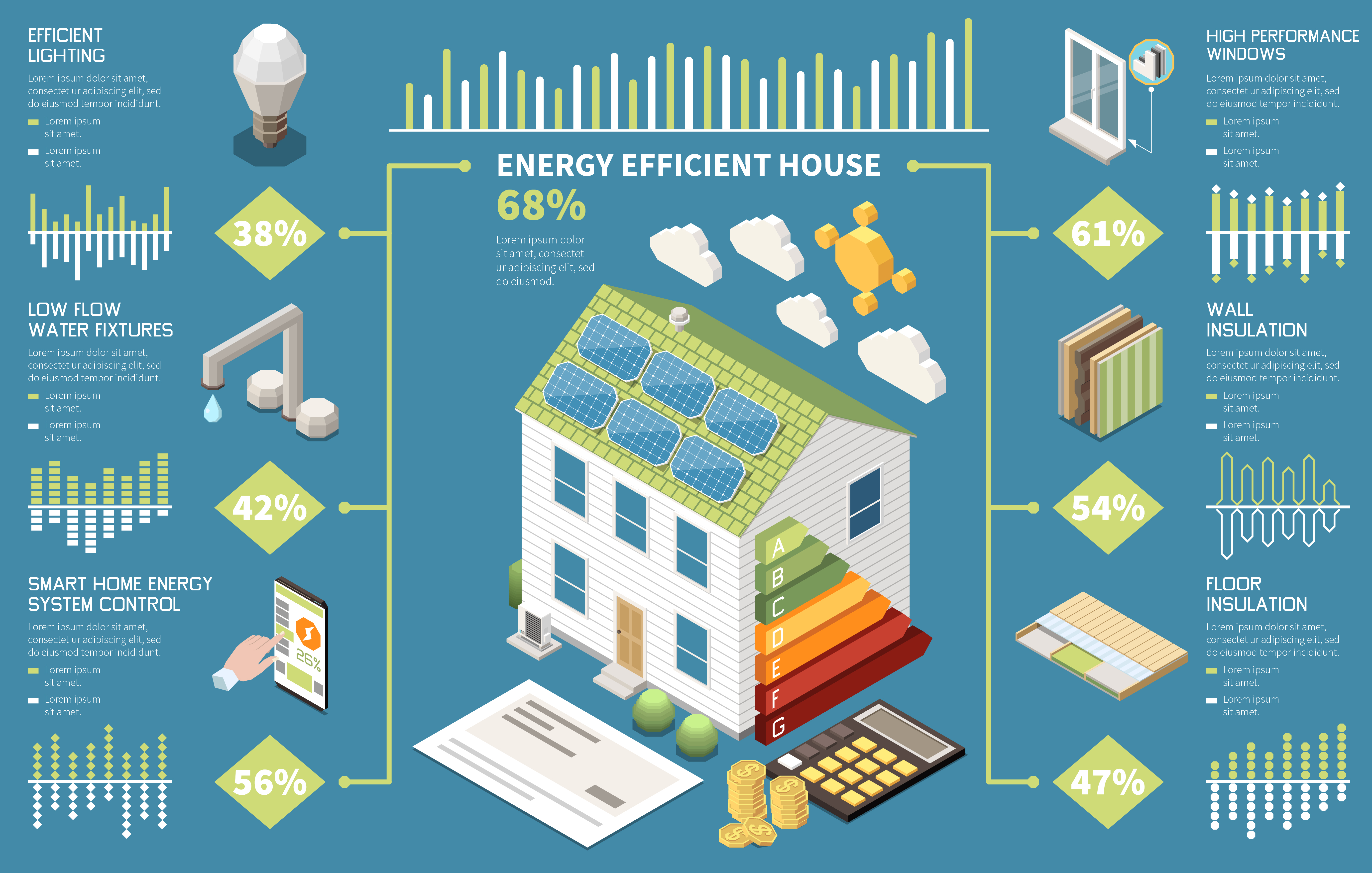What is a Spread Betting?
Spread Betting differs from our traditional view of betting. Betting is traditionally associated with supporting one player in a wider market. For example, when betting on a traditional race you may support one horse in a race of six horses. Spread Betting differs, as your money is supporting your opinion that a market will move in a certain direction over a period of time.
In the stock market, money is earned using trading judgement - by purchasing shares at a low price, and then reselling when the prices are higher. Similarly, profit through Spread Betting is earned using trading judgement. However, rather than purchasing actual shares, a bet is placed on the margin of change in value.
This article is designed to outline the potential gains, as well as the risks of Spread Betting, and explain how it could be used to hedge against the risk inherent in the property market.
How can Spread Betting work in the Property Market?
Spread Betting in the property market allows the player to use their money to support their estimation of future movements in the property market. In other words, they will bet that the property market (shown through the average property price) will rise or fall during the next month, quarter or year.
Example: The Index graph below shows property price movement. Through this we can see that in April 2004 the value of the UK index was at approximately £143,000 and rising. If £1,000 represents 1 point in the index, the index in April 2004 is 143. Six months later, in October 2004 the index was at 154, or the average house price was £154,000.
Graph showing movement of the House Price Index

A spread bet would be a gamble on whether an index would increase or decrease over a period of time. If your bet was that the index would rise, the amount it increased by would dictate the amount won. For instance, if a participant guessed correctly that there would be an increase, placing £3 per point, they would receive £3 x 14 points (Being the14 point movement from 140 to 154). If they bet £1,230 per point, they would receive £17,220, via the same calculation.
However, whilst money is earned by this bet through an increase in points, a decrease in points would have resulted in a corresponding loss of money. Returning to the example above, if you place a bet of £1,230 per point increase, you stand to lose £1,230 per point decrease if the market falls.
Though bets can be made on the stock market, it is not investing, it is high risk gambling. Risk can also be spread by betting on different regions rather than the UK as a whole.
The Role of Spread Betting to Homeowners
For homeowners, the property market represents a huge investment. Of course, all homeowners hope the value of their property will rise. But what happens if it looks like the market is about to crash?
Spread Betting can be used as a way to turn otherwise costly swings in the property market to your advantage, or to “hedge your bet”. Hedging can be defined as any technique used to reduce or eliminate financial risk. The following example shows how Spread Betting within the property market allows you to take two positions that will offset each other if prices change.
Example 1: A Crash in the Property Market
It is January, and Mr. and Mrs. Smith recently bought their house for £100,000. However, since buying the property, Mr. Smith has predicted that over the next 3 months prices will decrease by 10%. Obviously, Mr. and Mrs. Smith are unhappy about potentially losing £10,000 through the decrease in the value of their home, but do not want to sell their home. Instead, Mr. Smith decided to use Spread Betting to try to offset this financial risk.
To do this, they bet that prices will fall. If prices do indeed drop, the money won from the bet will counterbalance some of the money lost on the property. If they lost the bet because of a property prices rise, they are financially better off because of the increase in value of their house.
Example 2: A Rise in Property Prices
In contrast to the Smith’s, Mr. and Mrs. Jones are planning to buy a home within the next 12 months, but are concerned that during that time prices will dramatically increase. They have been aiming to buy a property in their area for approximately £150,000, and need a deposit of £15,000. Experts predict that prices are likely to rise by up to 20%. If this happens, the type of property Mr. and Mrs. Jones wish to buy will increase to £180,000, out of their price range, and the amount needed for their deposit will increase by £3,000
If Mr. and Mrs. Jones place a bet that prices will rise, and this goes on to happen, they can use their winnings to cover the increase in the price of their home. If prices fall, they will have ‘won’ anyway, as they will have bought their home for a lower price.
Why is Spread Betting Popular?
Spread Betting usually involves large sums of money. Any profits an individual makes through Spread Betting are free from capital gains and income tax. All costs to the consumer are included in the spread.
Occasionally Spread Betting companies might suspend the acceptance of bets, briefly closing the books on the property market betting. This is because they tend to attract far more bets predicting property market falls than property market price increases. When betting is one-sided in this case, these book-makers need to close betting to balance their books and cap the potential losses they might face. Spread Betting is more flexible than traditional betting. You can bet on events before they have started. You can also join betting mid-way through an event, a practice known as ‘in-running’. However, spread betting is often regarded as very risky, and has traditionally been the preserve of those who are familiar with the area in which they are placing bets. Before you spread bet, it is very important to understand the risks, and our next page explains some of these.
What are the risks of Spread Betting?
With traditional betting, a bet is placed and, if nothing is won, that money is lost. However, with Spread Betting the losses are potentially unlimited. For that reason, the Financial Times described Spread Betting as the crack cocaine of gambling (11/10/04), and most experts advise potential punters to be very careful, and to understand completely the risks they are taking before they place a spread bet.
Whilst money is earned by correctly guessing the direction of movement in a given market, an equivalent amount of money can be lost by guessing wrongly so it is possible to lose far more than your original stake. It is therefore very important to understand exactly what the potential risks are and research your market well.
Some promoters of Spread Betting offer to cap losses. This is a way of limiting risk whereby if the market moves against the gambler, the bet is closed after a specified number of points of loss. Though your liability is capped, profits are not. This is often known as a ‘stop-loss’. Even so, the risks associated with Spread Betting have caused it to be made illegal in several places across the globe.
Additionally, the risks of spread betting in the property market include the problem of matching of risks and rewards. Remember the Smiths, who bet that the property market would fall to hedge against an actual fall in the value of their property. If the property market had actually risen, the rewards of the increase in property value are only realised after their property is sold, but the cost of the lost bet must be settled immediately.
Spread Betting is monitored by the Financial Services Authority.








